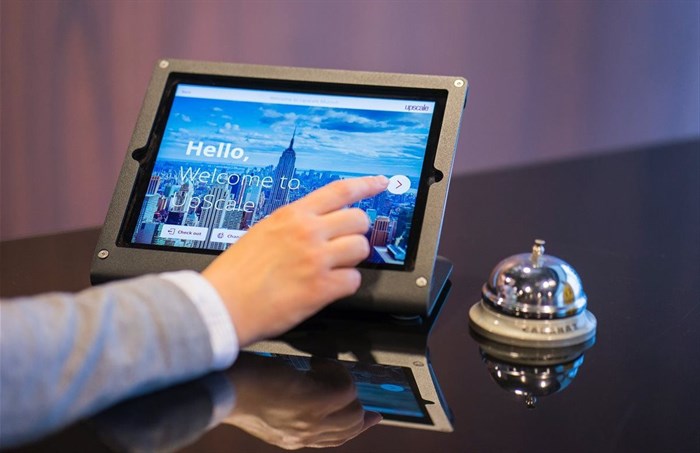
Top stories





HR & ManagementNational minimum wage 2026: What workers (and employers) need to know
Danelle Plaatjies and Ludwig Frahm-Arp 17 hours

More news






















It has never been more crucial for the hotel trade to adopt new technologies – our post-Covid market demands it. Tech savvy, constantly online and well-travelled, these guests want self-service, contactless support, ease of use, and 24/7 access.
Keeping a finger on the pulse of global tech trends and applying what is possible in the local context is paramount, as much for guest acquisition and retention, as for hoteliers themselves. Tech done right has a host of advantages, including increasing revenue and reducing costs, improving the guest experience, and boosting business efficiency.
The pandemic has been blamed for much of the bad and the ugly, and rightly so, but the tech boom falls into the category of ‘the good’. However, I would like to point out that the millennials have been driving this boom for some time now.
Millennials are a critical market segment for us, and already five years ago, we were cognisant of this fact. However, getting into the millennial mind proved challenging. The more I got to understand them, the less I understood them. They avoided human interaction with our hotel staff, did all they could to bypass reception and the traditional check-in, wanting to check in and out online instead. WhatsApp was their communication tool of choice, whether chatting with peers, ordering room service or communicating with housekeeping.
I had a recent epiphany when my family and I had the opportunity to stay in one of Europe’s best resorts in Spain. I was taken aback when I realised that this 400-bed, exclusive and fully inclusive resort was ‘speaking millennial’. And then using their technology, I realised the millennials had been right all along.
At this resort, guests are assigned a host, who one meets upon arrival, and whose number one receives on check-in. Face-to-face interactions are few, perhaps four times during a two-week stay, but guests are able to message all their wants and needs which, if not seen by the host, are rerouted through the backend to the relevant departments.
At the poolside, they can place a drinks order without needing a waiter, request extra towels or blankets from housekeeping or a copy of their bill from reception. That evening at the restaurant they simply WhatsApp their order. This resort is one of many harnessing the power of tech.
In a recent Hotelier Technology Sentiment Report (7).pdf Hotelier Technology Sentiment Report as many as 92% of hoteliers said their guests expect contactless options, while nearly 75% are convinced that contactless is here to stay. The trend is also expected to increase in 2022.
Contactless options include digital keys, which mean guests head straight to their rooms on arrival and use their smartphones as 'keys'. Temperature settings and lighting in rooms can also be remotely controlled from a smartphone via an app (some Hilton hotels in the US have offered this since before the pandemic).
The remote concierge has taken over the front desk in many limited-service hotels and is assisting with staff shortages following the pandemic. This means that guests in New York could be interfacing with a person on screen who is situated in the Philippines and is checking them in.
Another advancement for the front desk is the use of facial recognition to automate check-in. Meanwhile, personalisation is also enabled by matching that facial scan to the guest on the database and pre-empting their preferences and requirements, such as stocking the minibar with their favourite drinks.
The concierge has also become digital. Taking the form of a chatbot on hotel websites, this concierge never sleeps and is available 24/7 to answer guest questions and carrying out requests. In the event the request is too complicated, it is passed on to a human being, ensuring seamless customer service.
In other hotel departments, robots are handling cleaning, delivery and even waitering and room service. One Japanese hotel is already fully staffed by bots. Robotic kitchens exist, and with some restaurants trialling robo-chefs, the future certainly looks high-tech.
South Africa now needs to step up to the tech plate. The more of our hotels that do so, the more cost-effective it will become. But in the hotel trade, where guests want a home-away-from-home experience, there is only so much that a bot can offer them. Maybe a turn down and a chocolate on the pillow, maybe room service at 4am after a night of clubbing, but the ‘h’ in hospitality still stands for ‘human’.
